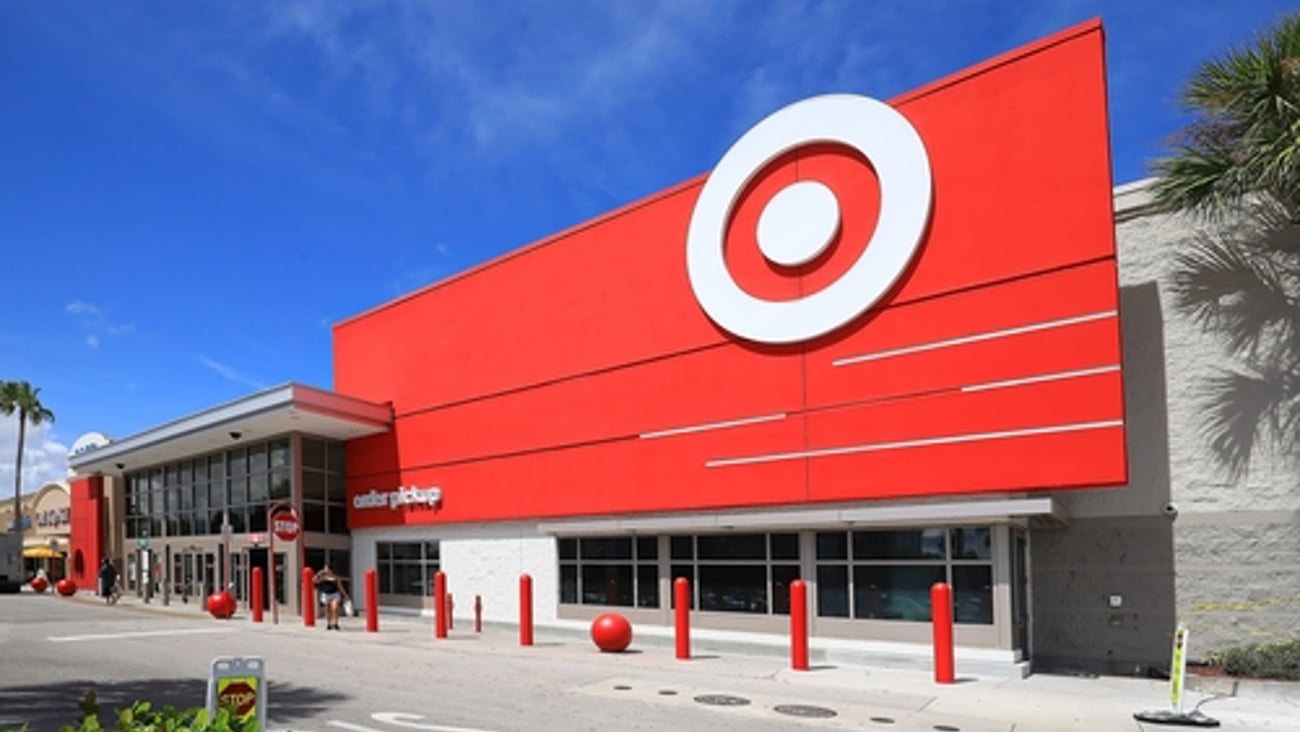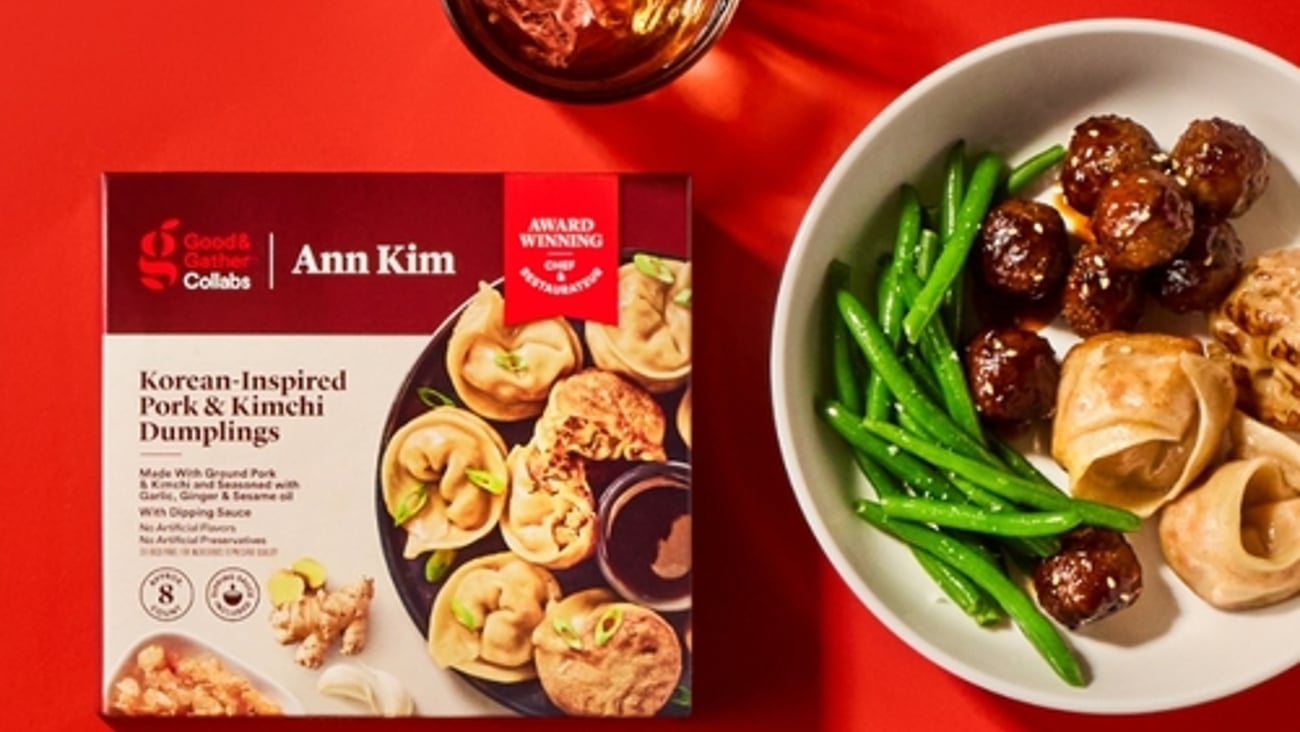Blog: Originality a tall order when almost all words are trademarked
When I was younger and among friends, I would often describe myself as a “word nerd,” vainly showing off my linguistic creativity with a nifty neologism. Then in 2007, Sourcebooks published Word Nerd: More than 17,000 Fascinating Facts About Words. In 2010, Tundra Books released Word Nerd (by Susin Nielsen), a novel about a previously bullied homeschooled boy who discovers strength in the world of competitive Scrabble. And 2015 saw the publication of Word Nerd: Dispatches from the Games, Grammar and Geek Underground, a memoir by the former executive director of the National Scrabble Association.
Needless to say, I felt robbed. Why didn’t I trademark the phrase that I, of course, thought of before anybody else?
In the digital age, when anyone can search on words, phrases, idioms, definitions and anything else anyone has ever said in English, it’s easier than ever to be clever but nearly impossible to be original.
Now, marketing and branding professionals are typically highly creative people. But I can imagine how challenging it must be to think up a name for a new private brand or product line — a name that is unique, concise, easy to pronounce, perhaps a little edgy and on-trend with the targeted consumer as well as exemplifying the brand’s most important attributes. Indeed, a recent study published in the Harvard Law Review noted that 75 percent of the words and 80 percent of the syllables Americans use daily are already claimed as trademarks.
Still, some companies have come up with winners. I especially like Amazon’s Wickedly Prime private brand name, which is obviously aimed at younger adult consumers who use the slang term “wicked” to mean “excellent” as opposed to the word’s traditional definition: “evil or morally wrong.” Brands that help a generation differentiate itself are especially powerful.
But I also love Deli Brands of America’s name for its line of clean label deli meats: Honest to Goodness. I wish I had thought of that one myself. This classic idiom meaning “genuinely” is dead-on as a moniker for transparent, uncured, antibiotic- and hormone-free pastrami and corned beef.
For marketers who want to engage Generation Z with a new brand or line, I would recommend speaking with the tweens and teenagers who make up this generation as well as watching the YouTube videos, listening to the music and playing the video games that they enjoy. If you’re going to use a real English word or phrase to name your brand, you need to know how it will resonate with young consumers.
The word “finesse,” for example, already used by a national brand shampoo, means “steal” or “scam” to my 12- and 14-year-old kids, not “skillfulness or virtuosity,” the definition most baby boomers are familiar with. And the word “thirsty” means “excessively attention-seeking” to GenZers in middle school; it definitely has negative associations. I can think of several more examples where everyday innocuous words have been co-opted by teen slang and should be avoided at all cost in brand names.
Most teens love to text and use many abbreviations, which I could see being incorporated into the names of new store brands. For instance, GTG (for “Got to go”) is one that my daughter frequently uses. Maybe that would work for a brand of fresh-prepared ready meals. (Good thing I’m not in the product-naming business.)
Crowdsourcing is another possibility for naming a brand or product, but it’s not always the optimal solution, as PepsiCo’s Mountain Dew found out when it asked consumers to name a new green apple-flavored drink and they voted for “Gushing Granny” and “Diabeetus.”
These challenges notwithstanding, I think it’s still possible to pinpoint the perfect name to differentiate your brand, line or product and captivate consumers. I’m eager to see what ingenious store brand professionals come up with in the years ahead.
Schierhorn, the managing editor of Store Brands, can be reached at [email protected].





